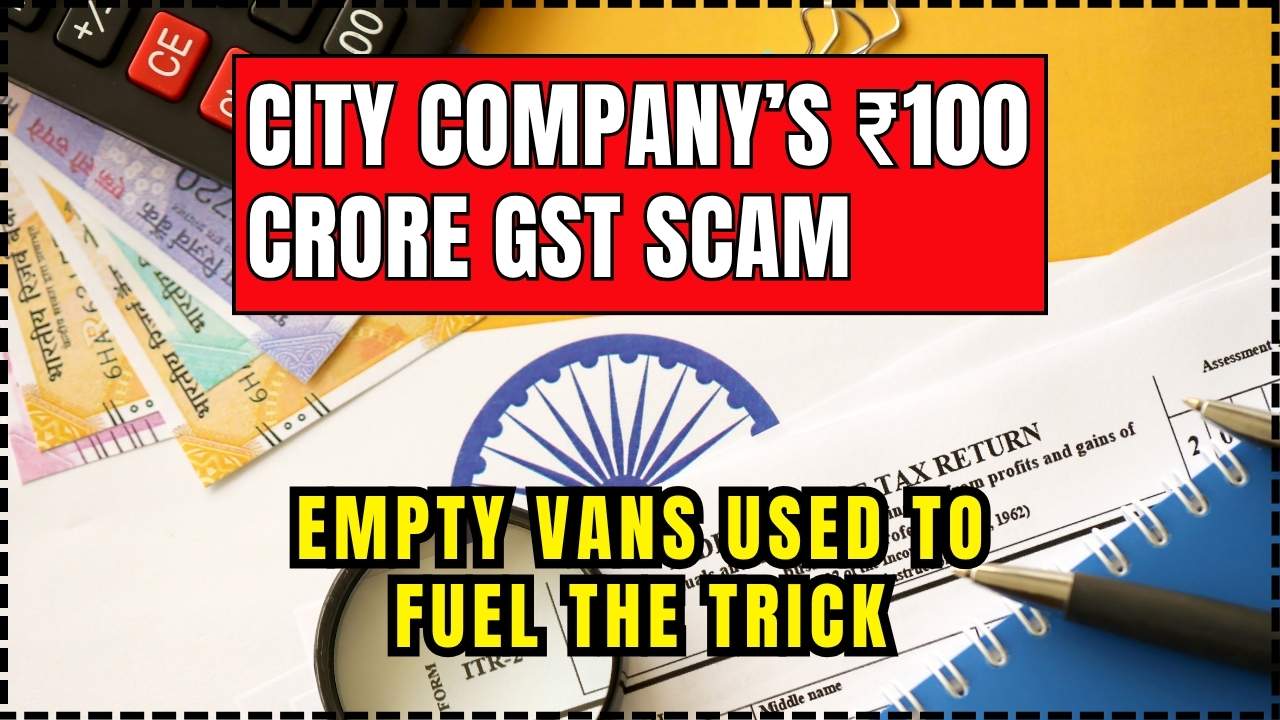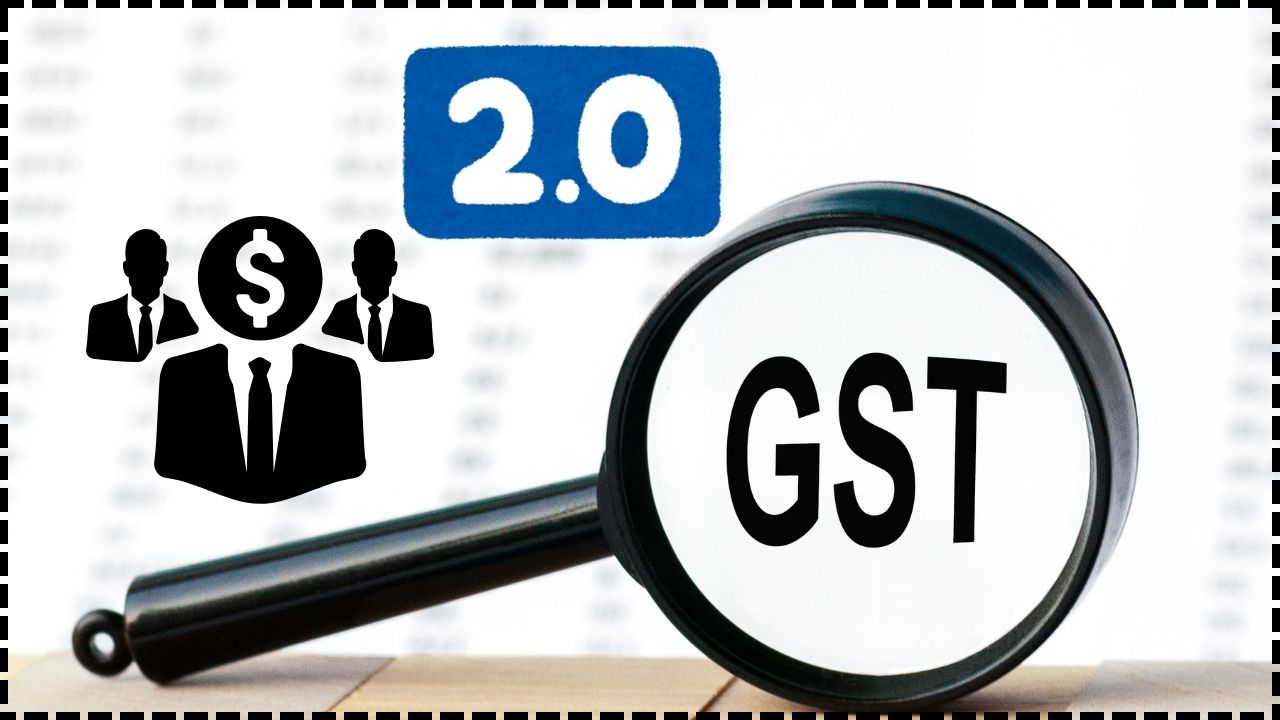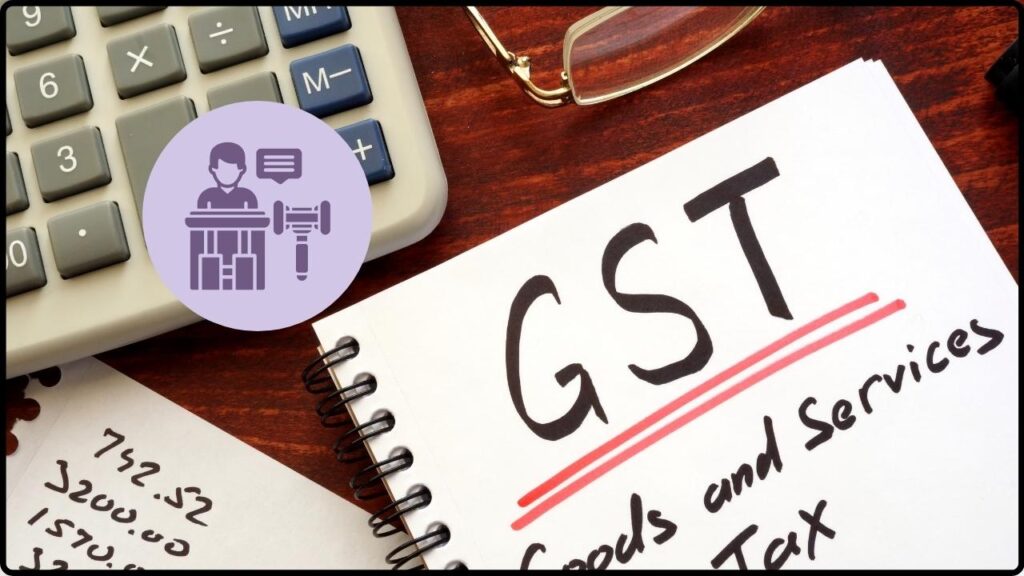
Calcutta HC Rules GST Adjudication Invalid: If you’ve ever faced a GST dispute in India, you know the process can feel like a game where the referee changes the rules mid-play. The Calcutta High Court has just delivered a big reality check: under Section 75(4) of the GST Act, if the government wants to issue an order against you, they must give you a personal hearing. No hearing? No valid order. On August 10, 2025, in the case of Annu Projects Private Limited vs. State of West Bengal & Ors., the court struck down a GST adjudication order for exactly this reason. This wasn’t a minor technicality — it’s a ruling that could change how GST cases are handled across India.
Calcutta HC Rules GST Adjudication Invalid
The Calcutta High Court’s ruling in Annu Projects Pvt. Ltd. is a decisive reminder: procedural fairness under Section 75(4) is not optional. For taxpayers, it’s a call to know your rights, keep records, and demand the hearing you’re entitled to. For tax officers, it’s a clear warning — skipping the hearing will likely send your order straight to the shredder.
| Aspect | Details |
|---|---|
| Case Name | Annu Projects Private Limited vs. State of West Bengal & Ors. |
| Court | Calcutta High Court |
| Date of Judgment | August 10, 2025 |
| Core Issue | No personal hearing before GST adjudication |
| Relevant Law | Section 75(4) of CGST/WBGST Act, 2017 |
| Court’s Ruling | Order quashed; case remanded for fresh proceedings |
| Impact | Strengthens taxpayer rights and procedural fairness |
| Official GST Law Link | GST Council Official Site |
Why This Ruling Matters?
Picture this: you run a medium-sized manufacturing business. One day, the tax department claims you owe lakhs in unpaid GST. You expect a chance to explain your side, but instead, an order arrives in your inbox without any meeting, hearing, or discussion. That’s exactly the kind of situation the High Court says should never happen.
This decision protects the right to be heard — a foundational part of legal fairness. Whether you’re a multinational corporation or a small trader, the court has made it clear: a personal hearing is not a courtesy; it’s a legal obligation.
Section 75(4) — What It Really Means
Section 75(4) of the GST Act says two things:
- If you ask for a hearing in writing, you must get it.
- Even if you don’t ask, if they’re going to pass an adverse order, they must give you one anyway.
It’s about transparency and fairness. Just like in a sports game, both sides get to play before the score is final.
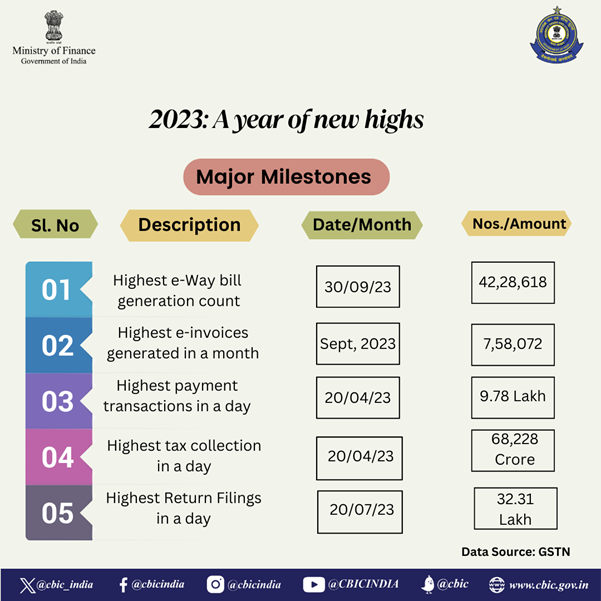
What Happened in the Annu Projects Case
Here’s the chain of events:
- The GST department issued a notice to Annu Projects Pvt. Ltd. under Section 73 (related to recovery of tax not paid or short paid without fraud).
- Despite the order being adverse to the taxpayer, no personal hearing was granted.
- The department went ahead and issued the adjudication order.
- The company challenged the order in the Calcutta High Court.
- The court ruled that skipping the personal hearing violated Section 75(4).
- The order was quashed, the matter was sent back for fresh adjudication, and the company was given two weeks to respond. Any pre-deposit already made was retained.
Historical Context: Section 75(4) and Court Views
Since GST came into force in July 2017, Section 75(4) has been the subject of repeated litigation:
- 2018–2020: Initial cases focused on whether virtual hearings counted as personal hearings. Courts generally said yes.
- 2021–2023: Several High Courts — including Bombay, Madras, and Calcutta — began striking down orders for lack of hearings.
- 2024: The CBIC issued advisories to officers reminding them of the mandatory nature of hearings.
- 2025: Annu Projects decision reinforced the rule, signalling that non-compliance will not be tolerated.
The Numbers Behind GST Disputes
According to the CBIC’s Annual Report 2024:
- Over 5.4 lakh GST disputes are pending across India.
- About 12–15% of them involve procedural lapses, such as failure to grant a hearing.
- In cases where Section 75(4) is violated, taxpayers win in over 70% of High Court challenges.
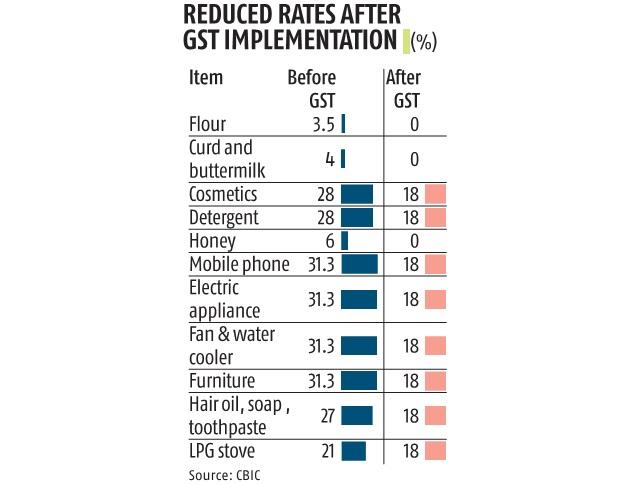
Real-World Impact: A Hypothetical Scenario
Maya runs a textile workshop in Kolkata. She receives a GST notice alleging ₹18 lakh in unpaid tax. She emails the department asking for a hearing. Months later, she gets a demand order but no hearing ever happened.
Armed with the Annu Projects ruling, Maya challenges the order in court. The judge strikes it down and orders a fresh adjudication. This time, Maya gets her day to explain why the demand was incorrect, potentially saving her business.
Step-by-Step Guide: How to Handle Calcutta HC Rules GST Adjudication Invalid Cause Notice
- Read the Notice Carefully
Identify the section of the law invoked and the exact allegation. - Mark Deadlines
Missing them can weaken your position. - Request a Hearing in Writing
Even if you think it’s automatic, put it on record. - Prepare Evidence
Collect invoices, bank statements, and other relevant documents. - Engage Professional Help
A GST consultant or lawyer can catch details you might miss. - Follow Up
If you don’t get a hearing date, send reminders and keep proof. - Keep Everything on File
You might need it in court later.
Other High Court Rulings Supporting Section 75(4)
- Madras HC — M/s. NK Enterprises vs. State of Tamil Nadu (2023): Order quashed due to no hearing.
- Bombay HC — Rajendra Trading vs. Union of India (2024): Reinforced that hearings are part of natural justice.
- Gujarat HC — Patel Infra Pvt. Ltd. (2023): Warned tax officers about personal accountability for ignoring the rule.
These rulings show a consistent judicial approach across states.
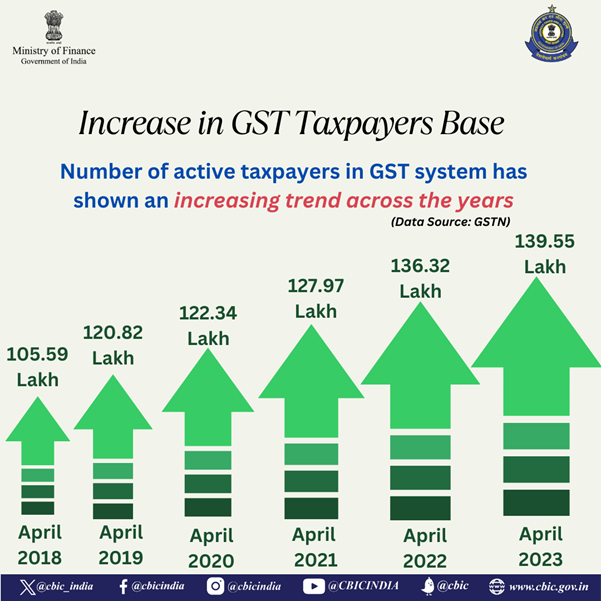
Professional Takeaways for Tax Experts
- Standard Practice: Always include a hearing request in initial replies.
- Template Responses: Keep Section 75(4) citations ready to insert in responses.
- Client Education: Inform clients about their rights; many don’t realize a hearing is mandatory.
- Document Preservation: Maintain a complete case file for future litigation.
Comparative Perspective: Global Best Practices
In the United States, the IRS follows a process where taxpayers receive a “notice of deficiency” and have the right to a hearing before the Tax Court. In the UK, HMRC offers a statutory review process before certain tax penalties can be imposed.
India’s Section 75(4) is in line with these global norms, emphasizing taxpayer participation before adverse action.
Glossary of Terms
- Adjudication: The official decision-making process in tax disputes.
- Section 73: Deals with recovery of unpaid or underpaid tax without fraud.
- Natural Justice: Legal principle ensuring fairness, including the right to be heard.
- Pre-deposit: Mandatory amount deposited before filing an appeal.
Is Using UPI Data to Track GST Evaders a Game-Changer? Experts Weigh In
No GST Refund for Traders with Cancelled Registration—Delhi HC’s Ruling Shakes Business Community
Say Goodbye to In-Person GST Hearings: ‘Faceless Adjudication’ System to Be Tested from Friday

